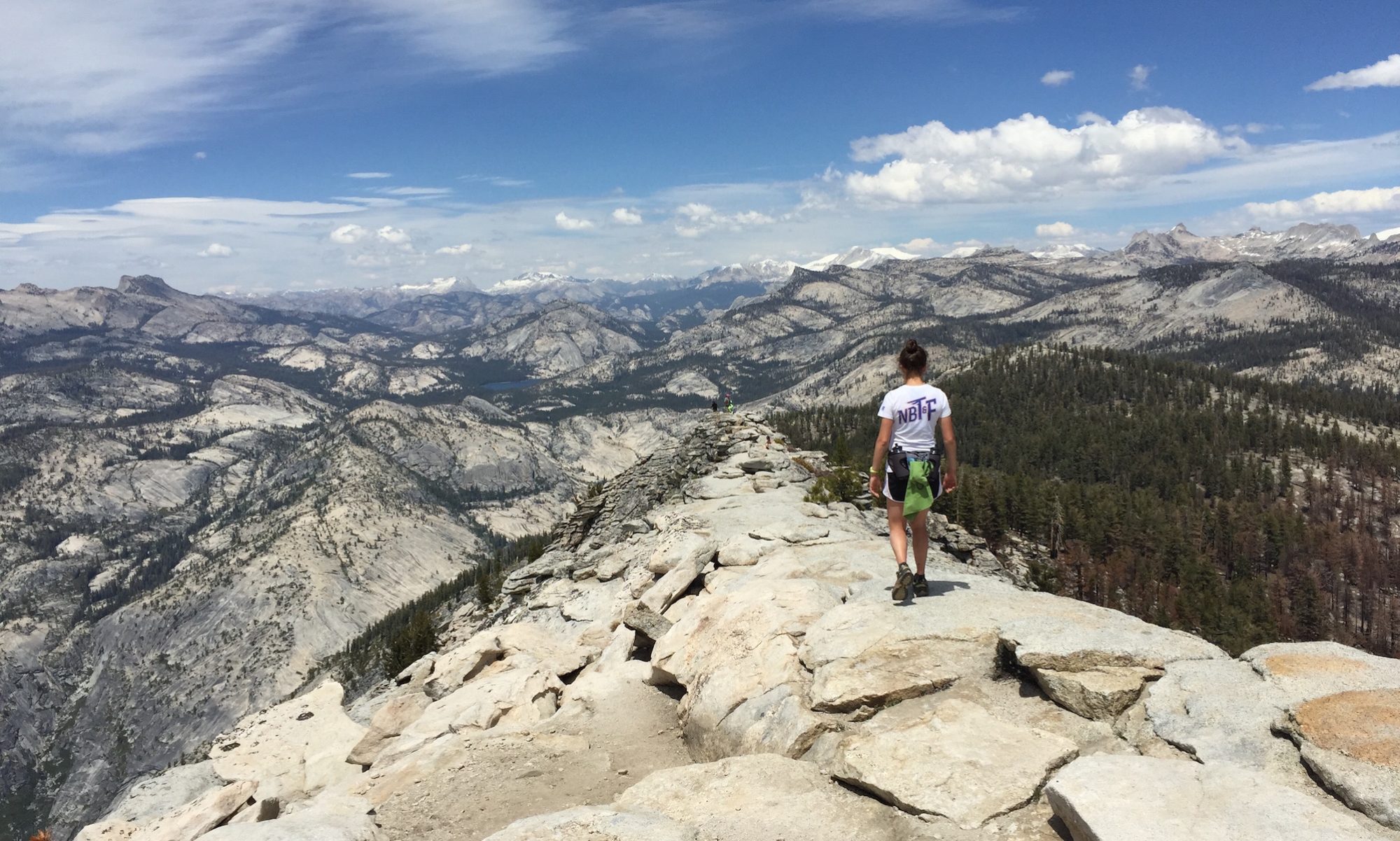I enjoyed our discussion of canine-human evolution yesterday, and wanted to circle back to our fascination with the paleolithic past. Chris gave us excellent context on the appeal of the “edenic / authentic paleo” in current health and fitness trends, and I think we all appreciated the nuances of his post and questions. What I wanted to come back to here are the connections between historical thinking and how we invoke an imagined past to help us move forward in an increasingly fraught present. I appreciated how Marlene Zuk’s recent article reminded us that efforts to get back to a more “pure,” “healthy,” or “natural” lifestyle invoke a static ideal that never existed. Evolution isn’t over. Like domestication, it is an ongoing process. Paleolithic people may have had less heart disease and lower cholesterol, but they weren’t necessarily more “healthy,” or “better adapted” to their environment than we are. Like other organisms they were making their way the best they could. Some of them eventually domesticated grains and abandoned hunting and gathering for a settled lifestyle that we see both as the beginning of “civilization” and the end of a naturally healthy lifestyle. At the same time, though, many other people became and remained nomadic pastoralists, with all of the dietary and cultural baggage that entailed. As historians, we need to remember that utopias are just that — imagined, idyllic, impossible communities. We invoke them into being to validate our analyses of the present and legitimize our agendas for the future. I’m quite sure that many of us would benefit from exercising more and eating less processed food. But to imagine that paleolithic people had a more “natural” lifestyle than their contemporary descendents is to take them out of history and deny the continuity of evolution.

History, Animals, and Networked Learning